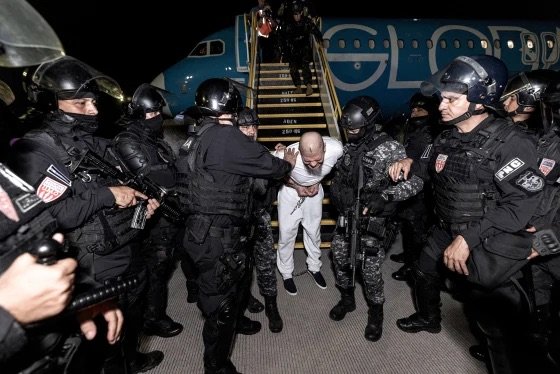In a controversial move, former U.S. President Donald Trump invoked the Alien Enemies Act, a law dating back to 1798, to target the Venezuelan gang Tren de Aragua, accusing its members of infiltrating the U.S. and waging “irregular warfare.”
The Alien Enemies Act, which has only been used three times in U.S. history — most notably during World War II to justify the internment of German, Italian, and Japanese nationals — allows the president to detain and deport foreign nationals from hostile nations during times of war or invasion.
Although the U.S. is not currently at war with Venezuela, Trump claims that the gang’s activities are being orchestrated by the Maduro regime, justifying the use of the ancient law. However, critics argue that Tren de Aragua is a criminal organization, not a foreign government, making the legal foundation for this action questionable.
A federal judge has temporarily blocked deportations under the act after the American Civil Liberties Union (ACLU) filed a lawsuit challenging Trump’s proclamation. Despite this, Secretary of State Marco Rubio announced that over 250 gang members had already been deported to El Salvador.
Legal experts warn that Trump’s use of the law is an attempt to bypass due process and expedite deportations without going through the traditional immigration court system, which can take years due to backlogs.
Historians point out that the Alien Enemies Act was originally designed during the French Revolution to protect the U.S. from foreign espionage. However, its dark history includes being used to detain thousands of innocent people during World War II.
While some legal analysts argue that the law could be applicable if certain nations are deemed “mafia states,” others believe Trump’s actions are unconstitutional and discriminatory. Efforts to repeal the law have been proposed in Congress, but so far, they have not advanced.
As the legal battle unfolds, the move has reignited debates over immigration policy and presidential power in times of national security threats.

 English
English



























































